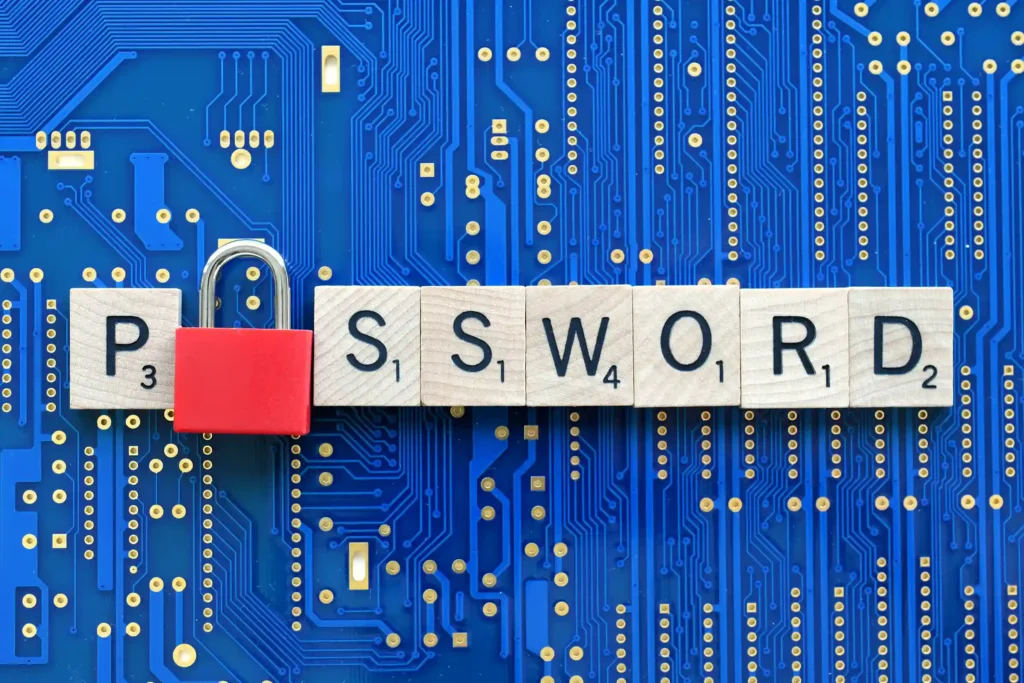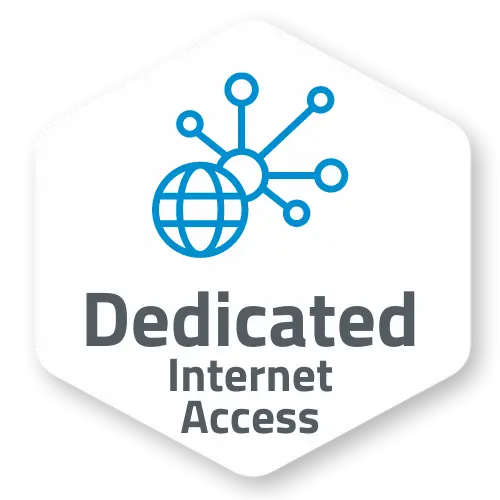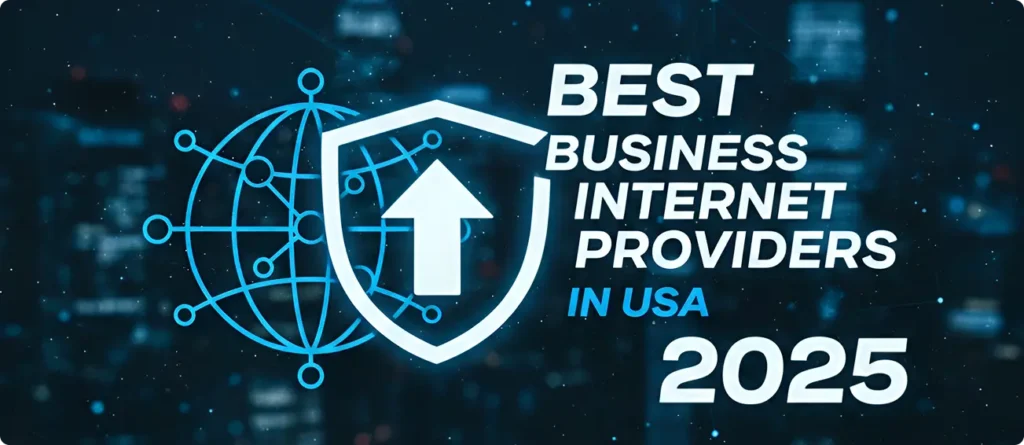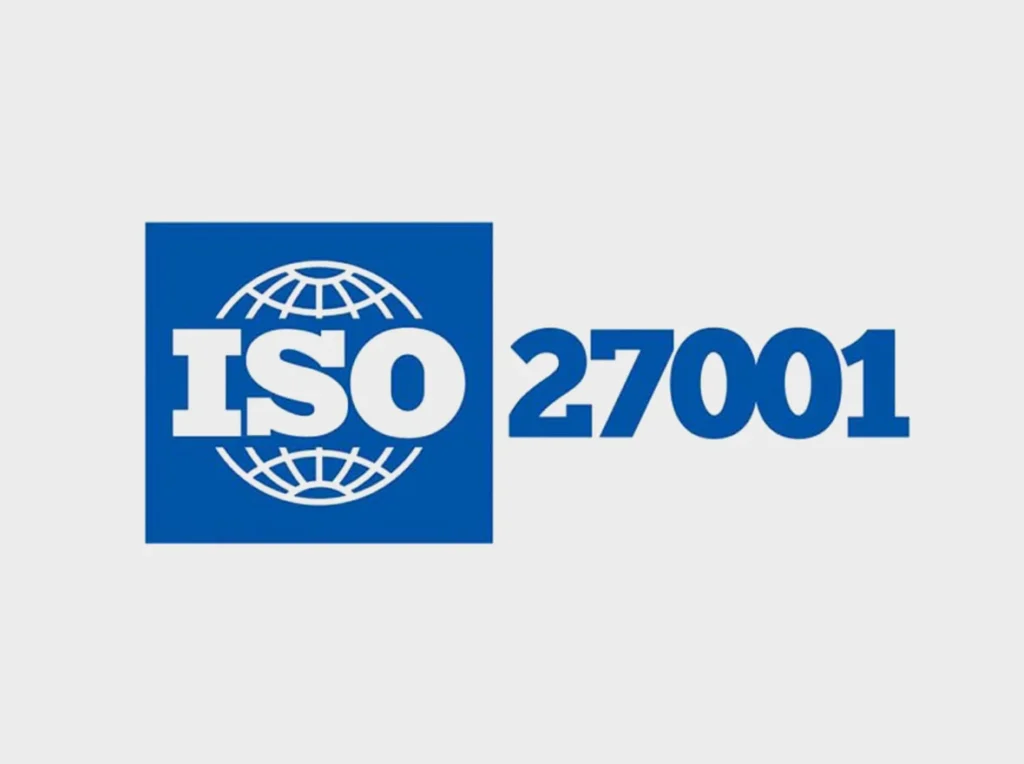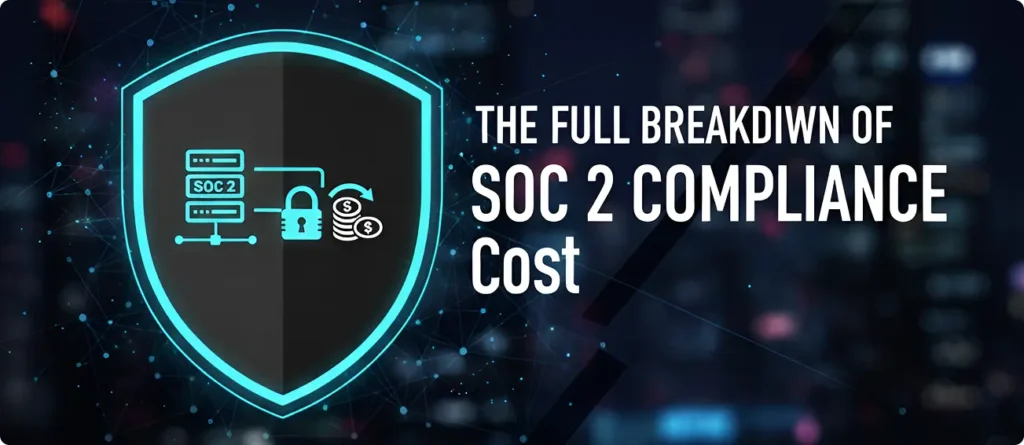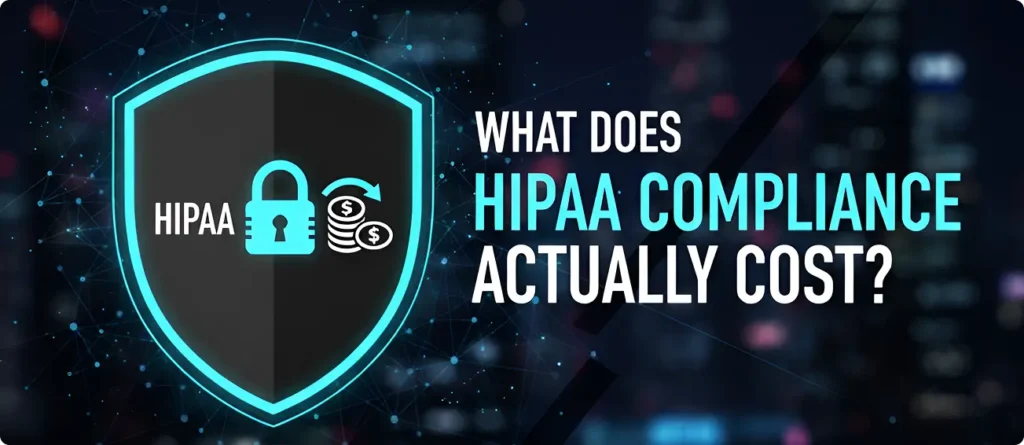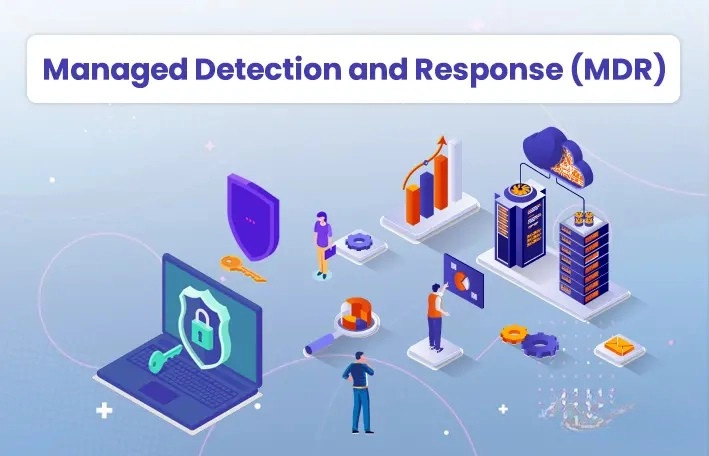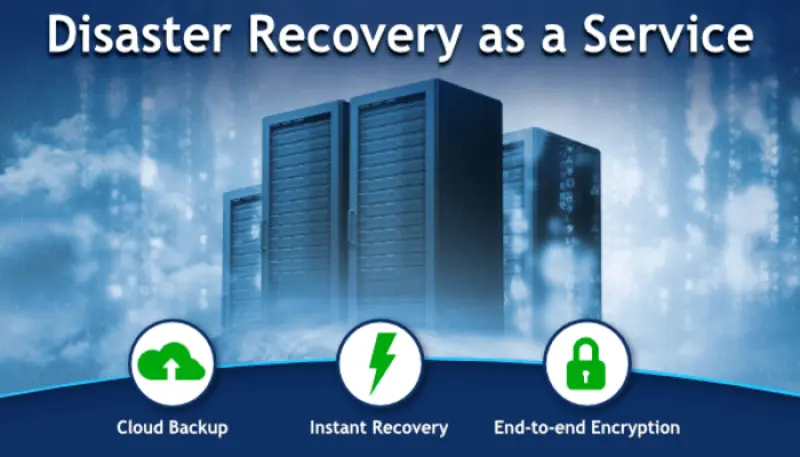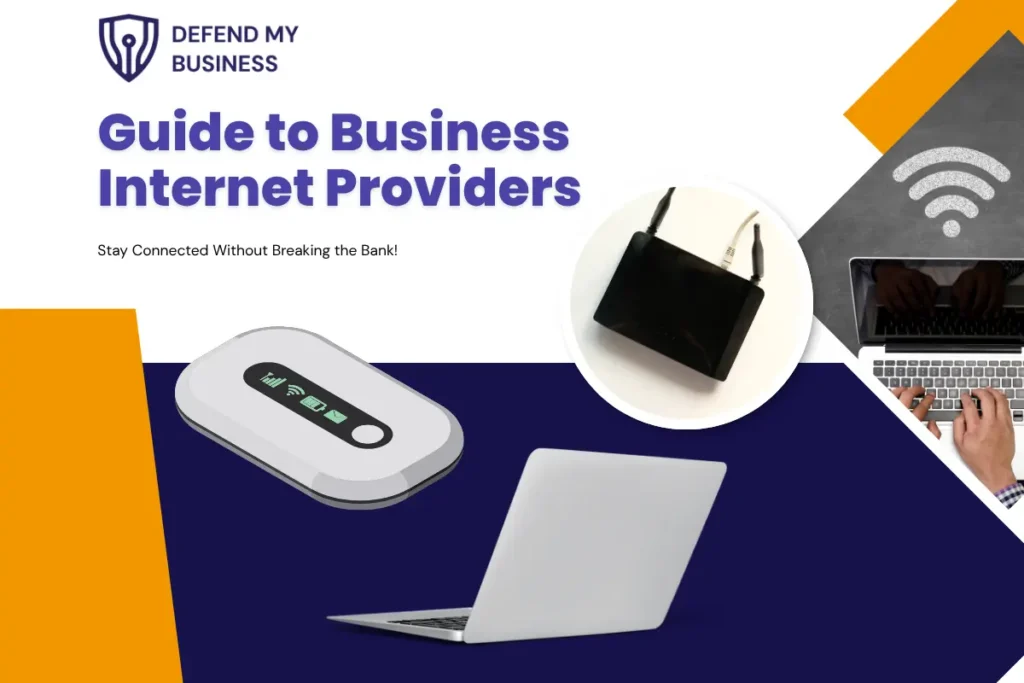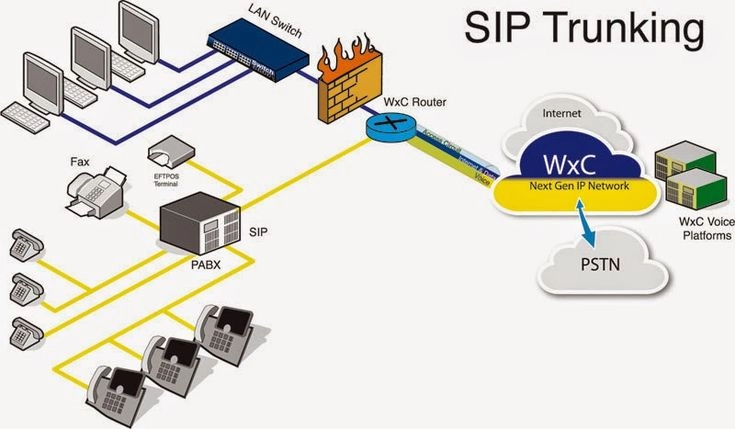Business Fiber Internet
Super-Fast Business Fiber Internet for Unmatched Reliability
Access leading fiber business internet service providers through Defend My Business. We connect you with trusted partners to make sure your business gets the high level of speed, reliability and performance to flourish. Get the right fit solution for your company’s specific needs and stay ahead with a robust high-performance connection.













Why Choose Us
Access to Multiple Business Internet Providers
Having different internet needs for each business, Defend My Business connect you to different top-rated fiber internet providers to ensure that you end up getting the best suited solutions. We help you find the right provider offering optimal speed and performance for your business.
Flexible, No-Contract Options
Streamlined Installation Management
We Do the Groundwork
Navigating among several providers, comparing plans and negotiating contracts can be time-consuming. With us, you do not have to waste valuable time contacting various providers. We make the process faster and easier by connecting you with the right business fiber internet service for your company.
Top Business Fiber
Internet Providers
Discover business fiber internet providers for your business with the maximum bandwidth in your area. We simplify your choice with a variety of options from over 150 providers, all in one place.

- Data Caps
- 12 Months Fixed Price
- Speeds: 300Mbps - 100Mbps
- Prices: $64.99 - 169.99

- No Contracts or Data Caps
- 12 Months Fixed Price
- Speeds: 50Mbps - 2Gbps
- Prices: $69.95 - 249.95

- No Contracts or Data Caps
- 12 Months Fixed Price
- Speeds: 50Mbps - 2Gbps
- Prices: $50.99 - 250.99

Astound Business
- No Contracts or Data Caps
- 12 Months Fixed Price
- Speeds: 300Mbps - 100Mbps
- Prices: $50.99 - 249.99

Wow Business
- No Contracts or Data Caps
- 12 Months Fixed Price
- Speeds: 50Mbps - 2Gbps
- Prices: $64.95 - 169.95

Brightspeed
- No Contracts or Data Caps
- 12 Months Fixed Price
- Speeds: 50Mbps - 2Gbps
- Prices: $79.95 - 349.95
Fast and Reliable Fiber Internet for Your Business!
Benefits of Business Fiber Internet
01.
High-Speed Internet
With a business heavily relying on swift and seamless video conferencing, processing of real-time data and smooth collaboration, you need high-speed internet. Fiber internet provides all the bandwidth necessary for smooth business flow without delays or buffering.
02.
Reliability
03.
Scalability
Your internet needs increase along with your business growth. With dedicated fiber internet, you can scale your bandwidth in response to increased demands without a need for major changes in infrastructure. This means your internet can grow with you and your business will always stay flexible and responsive.
04.
Cost-effectiveness
Boost Your Business with High-Speed Fiber Internet!
Step-by-Step to
Business Fiber Internet
Needs Analysis
Let us know what your business specifically needs in terms of the internet. This could be speed, reliability or scalability. We research your specific needs to ensure we are recommending the right business fiber internet solutions.
Provider Recommendation
Based on your needs, we provide you with options from the best fiber internet providers in our network of partners. We outline options that best meet your location, performance needs and budget to help you get the best solution.
Contract Negotiation
Negotiating the Installation
Explore Defend My Business Marketplace
Frequently Asked Questions
What is Business Fiber Internet, and how does it work?
Business fiber internet uses fiber optic cables to transmit data as light signals, providing high-speed and reliable internet connectivity. This technology allows for faster data transfer with less signal degradation compared to traditional copper cables, making it ideal for businesses that require consistent performance and high bandwidth.
How much does Business Fiber Internet cost?
The cost of business fiber internet varies widely depending on the provider, location, and specific plan choosen. Generally, prices can range from $50 to over $1,000 per month, with higher-tier plans offering greater speeds and additional features.
What’s the installation process for Business Fiber Internet?
The installation process typically involves a site survey to assess the location, followed by the installation of fiber optic cables and necessary equipment. This may include setting up a modem or router. The entire process can take anywhere from a few hours to several days, depending on the complexity of the installation.
How do I choose the best Business Fiber provider?
To choose the best business fiber provider, consider factors such as service availability in your area, pricing plans, speed options, customer service reputation, and additional features like security services or bundled offerings. Reading customer reviews and comparing multiple providers can also help in making an informed decision.
What makes "Defend My Business" different for fiber internet?
“Defend My Business” offers unique cybersecurity solutions tailored specifically for fiber internet users, focusing on protecting sensitive business data against cyber threats. This service typically includes features like advanced firewalls, threat detection, and response strategies that enhance overall network security.
What speed options are available for fiber internet plans?
Fiber internet plans can offer a wide range of speed options, commonly ranging from 100 Mbps to 10 Gbps. Many providers offer symmetrical speeds, meaning upload and download speeds are equal, which is beneficial for businesses that rely on cloud services and large file transfers.

